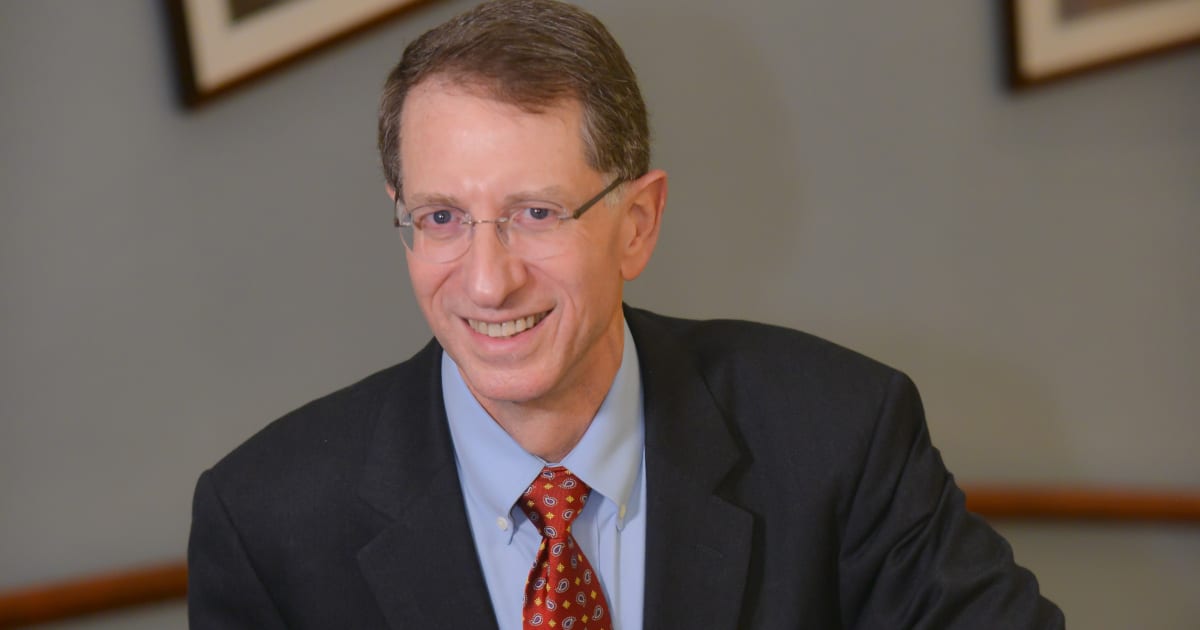Last month in this column, I discussed the results of a survey of U.S. physicians looking at the effect of COVID on their practices and on the total U.S. population. It was conducted by The Physician Foundation of Merritt Hawkins. This organization performed a second survey to understand how COVID is affecting the well-being of the U.S. physician population. This survey was conducted from August 17-25, with data collected from 2,334 physicians with 34% in primary care and 64% in specialty care.
Burnout was taking place in epidemic numbers in our colleagues prior to COVID, so what has happened to us mentally since this crisis began? Let’s look at some of the key insights, which I found extremely troubling. If you are interested, read the entire survey.

Michael Blaiss, MD, FACAAI
The survey reported that 58% of physicians often have feelings of burnout, compared to 40% in 2018, as tracked by Physician Foundation data. That’s a massive increase and exacerbating an already severe problem. Burnout was considerably higher in female physicians compared to male and higher in primary care compared to specialists.
Further results point out more impacts on us. 30% of physicians feel hopeless or that they have no purpose due to COVID-19’s effects on their practices or employment situations. 50% of physicians have experienced inappropriate anger, tearfulness or anxiety, and 24% of physicians have sought medical attention for a physical problem as a result of COVID-19’s effects on their practice or employment situation. This led to 37% of physicians stating they would like to retire in the next year. This is very concerning, as it will probably compound the already projected shortage of physicians to care for patients.
I was dismayed by how many of us were dealing with mental health issues related to COVID-19. 18% of physicians have increased their use of medications, alcohol or illicit drugs as a result of COVID-19’s effects on their practices or employment situation. 8% of physicians have had thoughts of self-harm, with physicians 45 years old or younger reporting these thoughts at a higher rate than older ones. It is not surprising, on seeing these responses, that only 44% of physicians would recommend medicine as a career to young people, compared to 59% in 2014 from another Physician Foundation survey.
Two other issues which I think all of us can relate to are the irritation in getting the population to understand the need for social distancing and masks and having reliable, fast COVID-19 testing to suppress the spread of disease. The majority of physicians (78%) rated lack of population compliance with COVID-19 distancing and mask-wearing protocols as their number one source of frustration during the pandemic. 70% of physicians rate lack of reliable COVID-19 tests as their second-highest source of frustration. As I have mentioned in the past, science must win over politics if we are going to get this calamity under control.
It’s clear from this data that COVID-19 has taken a heavy toll on all of us. It’s important that you get help if your situation gets too much out of control. It is vital that we reduce the stigma associated with mental illness in improving physician well-being. Talk to your colleagues, your state medical society, your hospital or health care system, or the College. The ACAAI is here for you, and together we can get through this pandemic.
Michael Blaiss, MD, FACAAI, Executive Medical Director